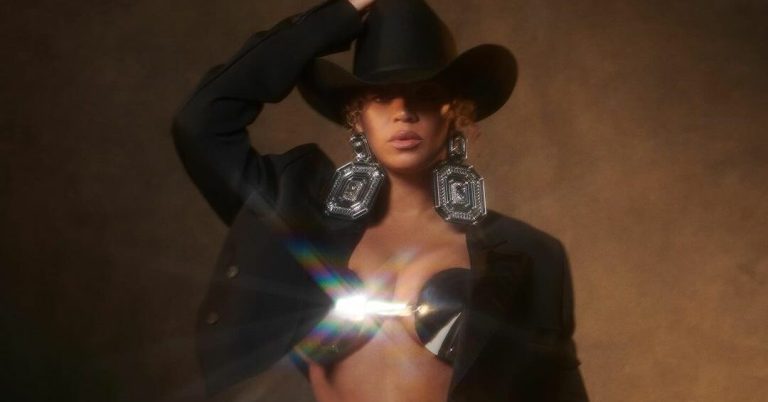The screening of The Green Grammar Exhibition in Art’otel Gallery Hoxton unfolds like a quiet choreography of everyday materials, bodies, and ecological sensibilities. Tucked away from the white walls of the gallery, it takes shelter in a dim, intimate room in Art’otel gallery Hoxton, produced, supported and co-curated by host Gallery, ArtSect.The exhibition runs from June 27 to June 29 at art’otel, Hoxton.Interweaving themes of food, nature, and the philosophy of everyday mundane, these films explore how meaning is constructed through soft gestures, tactile matter, and the unspoken logic of personal and collective memory. Just as grammar shapes how we communicate, these works uncover the quiet systems of meaning that emerge through emotion, memory, and the rhythms of daily life.
ArtSect Gallery is a nomadic entity that builds, produces, and curates both physical and digital exhibitions across London, Athens, and the Middle East. Their focus lies in subtle geopolitics, psychology, LGBTQ+ voices, and emerging immersive and sensory practices. Incubating new artists and fostering cross-border communication between regions presents both logistical and social challenges—challenges that ArtSect is actively exploring and will continue to engage with in the years to come.
“Green Grammar was a joy to produce and a wonderful opportunity to experiment with sensory and aural experience, blending curation, literature, and human touch. We are very proud of our curatorial partners, Moyu and Chang, and look forward to more experimentation, public interaction, and future productions.”
—Christian Dyson, Co-founder, ArtSect


In Tong Yin’s Eating at yt’s, a 16mm stop-motion film depicts a surreal yet tender ritual of eating. Guided by a set of hand-made textile tableware, the act of dining becomes symbolic, a soft protest against the creeping gentrification of East London. Domestic objects, sewn and staged, take on the weight of social commentary. There is something quietly rebellious in this choice of medium and material: the film doesn’t shout, it folds critique into craft, and memory into metaphor.
Beiyi Wang’s Today I had a meeting about the value with apple, stone and matsutake proposes a speculative, non-anthropocentric worldview where fungi, minerals, and fruits become agents in a dialogue about value. The work imagines a sociality that transcends the human, gently questioning how worth is defined and by whom. It is both a dream and a provocation: what if the economy were run by moss and mushrooms?


Iris Lingyu Zhang’s A Punch on TOFU draws on a Chinese idiom to evoke the dissonance of unmet confrontation. In this visually playful yet conceptually sharp film, frustration takes shape as something soft, ungraspable just like punching tofu. There is a humor here, yes, but also a subtle comment on the emotional labor of communication, especially when affect meets apathy. Zhang’s work lands like a delayed echo, subtle, but resonant.
In Tianyun Zhao’s PURE · CURE, sweetness becomes a lens for existential reflection. A single-channel film meditates on sugar as more than pleasure as a quiet endurance. Zhao asks: can sweetness heal, not just mask? The tone is contemplative, drifting somewhere between sensuality and sincerity, suggesting that even small comforts can be forms of resistance in a harsh world.


Yingying Li’s I Embody the Trees adopts the structure of a screen-based triptych, presenting a minimal but emotionally potent tableau. From tree to body, a rope runs over three panels, yet the connection remains visually tenuous, almost slipping out of sync. The work moves like a breath held too long: tense, suspended, never quite landing. In this disjunction, Li opens a space of quiet estrangement, gesturing toward the complex entanglements between nature, gendered bodies, and psychic distance.
Anning Song’s Brand and Scar shifts us into darker digital terrain. Through fragmented imagery and an unsettling narrative, the film explores the emotional violence inflicted by online misinformation. In the blurred boundaries between real and virtual, victim and spectator, Song draws attention to how scars are etched by language, branding, and virality. This piece feels especially timely: a sharp reminder of the psychic cost of public scrutiny.
Together, these six films collectively create a scattered syntax of tension, care, and slow investigation. There are no sweeping declarations, only gestures, textures, and loops. The screening room becomes a soft archive of thoughts: some raw, some refined, all vital.
In an age of ecological and informational noise, The Green Grammar offers, through moving images, a kind of counter-language,one that listens, that senses, that whispers before it speaks.
The Green Grammar does not seek to shout above the din. Instead, it leans into slowness, into sensation, into the fragile syntax of gestures and atmospheres.The Green Grammar Cinema becomes a form of listening, through moving images, a kind of counter-language, one that listens, that senses, that whispers before it speaks.
Exhibition Details:
Dates: Jun 27 – 29th, 2025
Opening: 6:00 PM, Jun 27th, 2025
Location: Art’otel London Hoxton Gallery and Auditorium, 1-3 Rivington St, London EC2A 3DT
Curators:
Moyu Yang, Chang Wang
Participating Artists:
Tong Yin,Yingying Li,Tianyun Zhao,Anning Song,Iris Lingyu Zhang,Beiyi Wang








